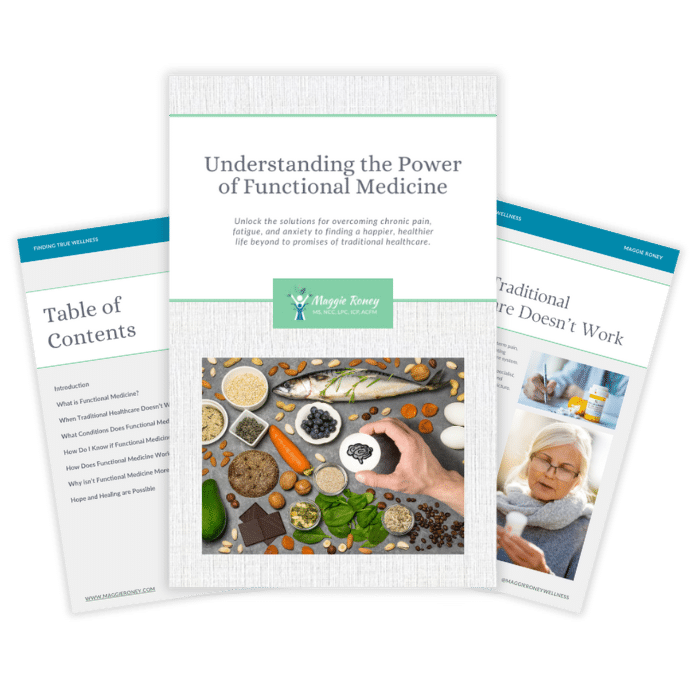A Black Friday Flashback
Remember what the holidays were like before Amazon and online shopping? Thanksgiving was about cooking tons of food, decorating the tree, eating until we were stuffed, and watching the Cowboys game. After all that, we’d drag ourselves out of our turkey-induced coma, get dressed, and hit the stores for those doorbuster deals.
Exhausted from being up all night and another half-day of marathon shopping, we’d come home, dive into leftovers (if you’re like me, that meant more pie), and collapse on the couch. Black Friday shopping became the unsaid start of the holiday season—a tradition filled with excitement, albeit a little chaos.
Black Friday Looks Different Now
These days, Black Friday feels more spread out. With sales starting as early as November and most of us shopping online, the long lines and store stampedes are less common. While these changes were supposed to make the holidays less stressful, we’ve filled that newfound time in other ways.
The result? We still start the holiday season juggling normal life stressors alongside the chaos of busy schedules, holiday plans, and gift lists.
Why Is Holiday Stress So Overwhelming?
We all know stress—it’s part of our daily lives. But during the holidays, those stressors seem to multiply. While the festivities are meant to be enjoyable, it’s easy to get bogged down by the endless to-do lists and expectations. So, what can we do about it?
The first step to managing holiday stress is understanding it. Let’s start with the basics of how stress affects your body.
Understanding Your Nervous System
Your nervous system is the command center of your body, controlling everything you do. It has two main parts:
- The Peripheral Nervous System (PNS): These are the nerves that connect the CNS to the rest of your body, serving as a messenger system.
- The Central Nervous System (CNS): This includes your brain and spinal cord.
The Autonomic Nervous System: Your Body’s Auto-Pilot
The PNS has a smaller branch called the Autonomic Nervous System (ANS), which operates automatically without you having to think about it. It’s one less thing for your to-do list—thank goodness!
Within the ANS are two crucial systems:
- The Sympathetic Nervous System (SNS): This is your “fight or flight” mode, activated during stress or perceived threats. It releases cortisol and adrenaline, which increase your heart rate, blood pressure, and anxiety while making it hard to relax or sleep.
- The Parasympathetic Nervous System (PNS): Known as your “rest and digest” mode, this system helps you feel calm and safe. It supports rest, healing, and nutrient absorption.
Why Balance Is Key
Both the Sympathetic and Parasympathetic systems are essential. If you’re in danger, you need the SNS to kick in and get you to safety. But if you’re trying to heal, rest, or enjoy the holiday season, too much cortisol and adrenaline can leave you stuck in a heightened stress response, making it hard to relax.
When the Nervous System Gets Stuck
Sometimes, due to lifestyle or chronic stress, we get “stuck” in an unhealthy state of the nervous system—either in constant fight-or-flight mode or even a freeze state. The last thing anyone needs during the holidays is to be trapped in this cycle!
The consequences of an overloaded nervous system can be inflammation, glucose issues, emotional and sleep dysregulation, just to name a few. The extra stressors of the holidays, including decorating, extra baking/cooking, kids parties, our parties, wrapping gifts, finances, family gatherings and the never-ending list, can cause your nervous system to be overloaded. But, you don’t have to let this year be that way! Follow these 3 easy steps to restore your calm and keep your nervous system full of joy and balance:
1. Eat food that nourishes your nervous system. With all the refined carbohydrates, sugar and second helpings you need to get more nutrients.
- Choose items such as leafy greens, avocados, nuts, bananas and fish to get magnesium. Magnesium is a mineral essential for the regulation of neurotransmitters, one being GABA (calms you down). Magnesium also improves sleep, reduces inflammation and can help balance the cortisol levels during times of stress. Learn more about this amazing mineral here Magnesium.
- Eat more fatty acids. These are found in salmon and avocados and are known to help support nervous system cell structure and function.
- Increase antioxidants to help reduce oxidative stress that can damage cells in the nervous system. Citrus, berries, leafy greens, green tea all have great amounts of antioxidants.
- Make sure you are consuming iron rich foods. Iron keeps our brain supplied with oxygen and aids in creating neurotransmitters. Iron is found in red meat, fish, poultry, legumes and nuts and seeds.
2. Prioritize Sleep and Rest. The hustle and bustle of the season can bring about an attitude of go, go, go, do, do, do. Staying up too late, getting up too early and then relying on increased amounts of caffeine.
- Make sure you try to keep the same sleep schedule.
- Aim to get off all devices at least 1-2 hours before going to sleep. Not having the blue light will naturally support your circadian rhythm which will allow you to produce enough melatonin for sleep.
- Take time to wind down before sleeping. This lets your nervous system get the signals that it is time to rest.
- Remove as much exposure to EMF’s as possible. You can learn more about EMF’s here EMF Article. Sometimes resting quietly for even 20 minutes per day can allow your nervous system to get to its parasympathetic state.
3. Be intentional with activities and time. Realize that you don’t have to go to all the festivities – you can choose to sit some of them out.
- Incorporate self care into your daily routine. Look for options that are simple, but relaxing to you!
- Try journaling while listening to relaxing music. I personally love writing in a gratitude journal, where I write three things daily. I include small gratitudes too like hot water, chocolate and my precious bengal kitty.
- Get moving! This helps to reduce stress and allow your body to not go into “fight or flight” so easily.
- Deep breathing is great for toning your vagus nerve which one job it has is to help with mood regulation.
- Get into a great book or Bible study/devotional.
- When spending time with others, be present and allow yourself to laugh. Laughter relaxes you and brings in more oxygen to your body, which is wonderful for your nervous system.
Conclusion
As this holiday season approaches, start by doing something different this year. As you navigate the increasing demands coming up, give yourself permission to slow down, breathe deeply, and engage in activities that bring you joy. By incorporating these three steps, you will give your nervous system one of the best gifts that cannot be found under the tree. Remember that prioritizing your mental and emotional health is not just a luxury; it’s a necessity.


